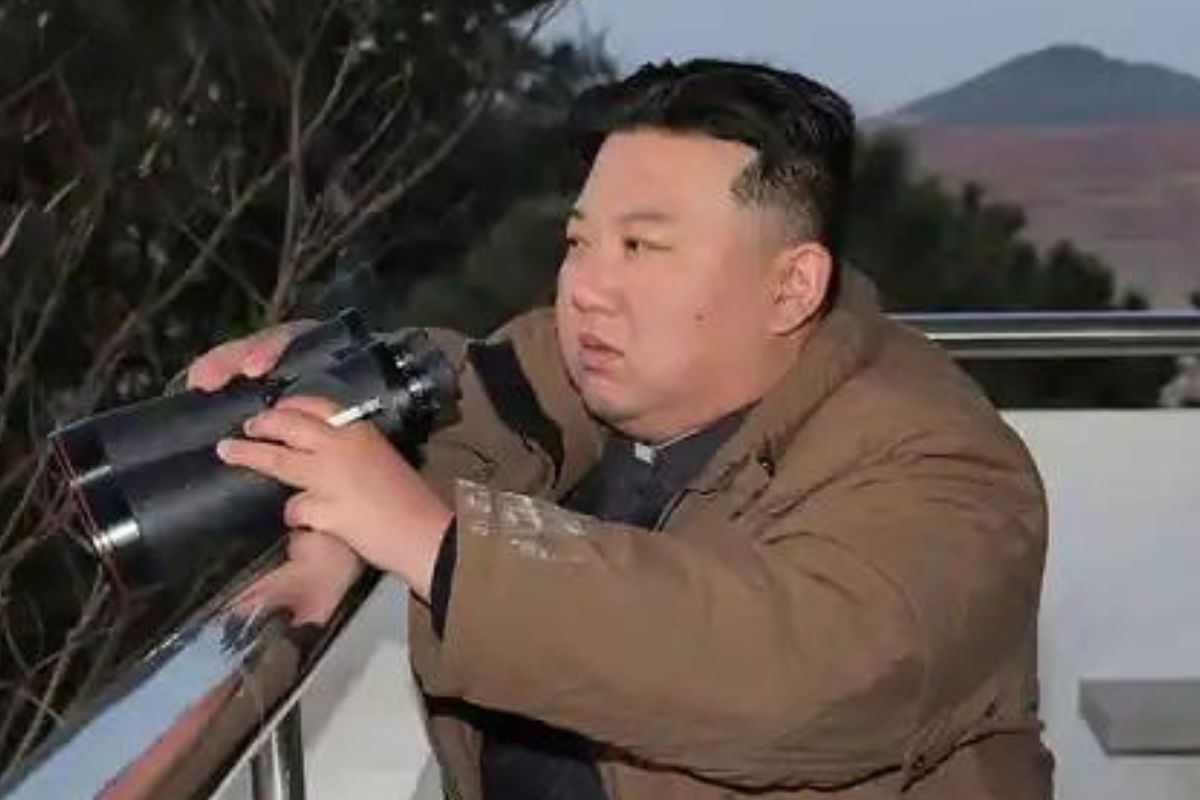In the shadowy realm of international relations, where geopolitics intersects with secrecy over nuclear capabilities, recent reports of a potentially operational second reactor at North Korea’s Yongbyon nuclear complex send ripples of concern across the global stage. The revelation, based on observations by the International Atomic Energy Agency (IAEA) and independent experts, adds a worrisome dimension to the already complex issue of North Korea’s nuclear programme. For years, North Korea has been a source of regional and global unease, its nuclear ambitions a constant source of contention.
The newly identified reactor, apparently exhibiting signs of activity through the release of warm water, poses a grave concern, potentially providing an additional source of plutonium for the country’s nuclear arsenal. The IAEA’s limited access to North Korea since 2009, forcing reliance on satellite imagery, underscores the challenges in obtaining accurate, real-time information about the secretive nation’s nuclear activities. The discharge of warm water from the larger light-water reactor indicates a self-sustaining nuclear chain reaction, a significant development that demands the attention of the international community.
Advertisement
The absence of on-the-ground verification by the IAEA highlights the limitations in monitoring North Korea’s nuclear programme, raising questions about the adequacy of current mechanisms to address such critical security issues. The timing of this revelation is particularly noteworthy, given North Korean leader Kim Jong Un’s recent declaration following an intercontinental ballistic missile (ICBM) test. His assertion that the country would not hesitate to launch a nuclear attack if provoked with strategic weapons adds a layer of urgency to the situation. The interconnectedness of nuclear capabilities and regional stability underscores the need for a nuanced and cooperative approach by the international community. The complexity of the issue is further accentuated by the historical context of North Korea’s nuclear pursuits. Having conducted six nuclear tests, with the last one in 2017, the regime has consistently defied international norms and United Nations Security Council resolutions.
The potential operation of a new reactor, capable of producing plutonium at an alarming rate, adds fuel to an already volatile situation. This, coupled with the possibility of resumed nuclear weapon testing at the Punggye-ri site, amplifies concerns about the regime’s intentions and capabilities. Researchers’ estimates of North Korea possessing anywhere from 31 to 96 nuclear warheads heighten the gravity of the situation. The interconnected web of nuclear arsenals in the region demands delicate diplomacy, where missteps can have catastrophic consequences.
The international community must now grapple with the urgency of addressing North Korea’s nuclear advancements while navigating the geopolitical sensitivities that have long defined this complex issue. As global leaders weigh their responses, the imperative is clear ~ a comprehensive and collaborative approach that acknowledges the historical context, respects regional sensitivities, and prioritises the paramount goal of preventing further nuclear proliferation. The stakes are high, and the need for a unified and resolute global stance has never been more apparent.











